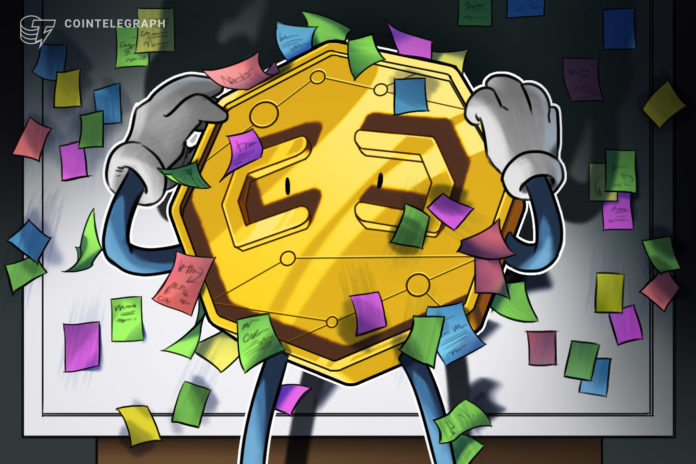[ad_1]
The European Central Bank (ECB) may be fearing default as rumors circulate that it plans to plant at least half a trillion euros of “bad” debt in a “bad bank.”
As Reuters reported on June 10 citing two people familiar with the matter, the ECB now wants to quarantine its financial junk.
ECB praises “useful” asset management firms
The reason, the sources say, is that rising unemployment may fuel the risk of mass defaulting on debt obligations.
Even excluding the coronavirus unemployment surge, the Eurozone already has $500 billion of debt which is unlikely to be repaid at all. This includes credit cards, loans and mortgages, Reuters notes.
The ECB declined to confirm the plans, which it had previously considered several years ago but shelved.
A “bad bank” would allegedly protect other fragile lenders from the full brunt of coronavirus-related economic misery. It could take the form of an asset management company, something which an ECB spokesman appeared to be in favor of when asked this week.
“I have been very supportive of asset management companies. I think they are useful,” chief bank supervisor Andrea Enria said in a press conference.
On the topic of bad banks, Enria added:
“Many of these schemes have ended up in the black, making profits.”
Federal Reserve balance sheet as of June 1, 2020. Source: Federal Reserve
Fed set to comment historic money printing
The plans follow the ECB doubling its coronavirus stimulus measures to €1.35 trillion. In the United States this week, the Federal Reserve will meet to set out a roadmap for handling the economic fallout from the crisis.
The Fed has been unprecedented in its money printing since March, Cointelegraph noting that its balance sheet now stands at $7.16 trillion — up $3 trillion in three months.
One analyst speaking to the Financial Times said that the market was “hungry for guidance” from the Fed, amid fears of a second wave of coronavirus infections and that paradoxical laissez-faire attitude to social distancing taken by authorities during the ongoing U.S. protests.
Spiraling debt forms one of the main arguments for “hard” money such as Bitcoin (BTC). Central banks’ ability to print money without backing is an impossible idea for the largest cryptocurrency, as for network participants to agree, they would need to accept a decline in the value of their own savings.
Fiat inflation comes in stark contrast to Bitcoin’s reducing supply, which one analyst likened to a flattening coronavirus infection curve this week.
[ad_2]










